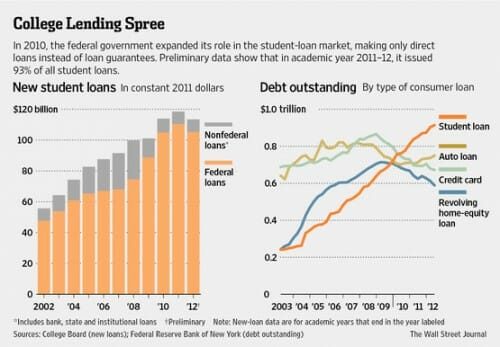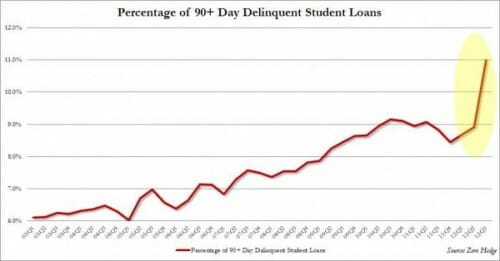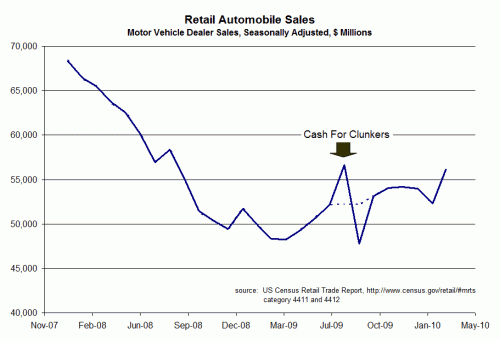Apparently Obamacare is Better Because it Gouges Everyone
A number of people pointed out that the posted Obamacare rates in California are about twice what individuals are paying today at low-cost sites. This was in response to a deceptive California press release that claimed they were much lower, but got this result only by comparing apples to oranges.
Rick Ungar has two responses, that seem to be the emerging talking points on the left:
- He found some bad Internet reviews of the low-cost source that Conservatives and libertarians used as a better point of comparison for Obamacare rates
- Some of the people had to pay up to 50% more than the published rates due to pre-existing conditions.
Avik Roy has a number of responses to Ungar (and Ezra Klein, who raises the same points as Ungar). I would raise three points:
- Neither he nor Klein address the issue of the fundamental deceptiveness of the California press release. I don't think anyone can defend comparing individual rates to business group rates as anything but apples to oranges. If the Obamacare story is so great, why was the deceptiveness necessary?
- Everyone gets bad reviews on the Internet. If one transaction out of a thousand goes bad, that one will write a negative review online and few of the satisfied will bother. If sex were a product on Amazon.com, it would likely have some 1-star reviews. That being said, it is amazing to me that government control is seen as the solution to customer service issues. I could be wrong, but I would stack up the reviews of the worst health insurance company in America against the DMV and Post Office any day of the week.
- The published rates online are for the healthiest class of people. I have never once had someone sell me health insurance and not make this clear. Calling them teaser rates is a misnomer, particularly since, as Avik Roy notes, about 75% of the people who apply get these rates. One in four have to pay 50% more today, so we are going to make 4 in 4 pay 100% more under Obamacare, and that is better?!?
To that last point, I will quote something I said years and years ago, long before Obamacare was passed:
The looming federal government takeover of health care as proposed by most of the major presidential candidates will be far worse than anything we have seen yet from government programs. Take this example: In the 1960's, the federal government embarked on massive housing projects for the poor. In the end, most of these projects became squalid failures.
With the government housing fiasco, only the poor had to live in these awful facilities. The rest of us had to pay for them, but could continue to live in our own private homes.
Government health care will be different. Under most of the plans being proposed, we all are going to be forced to participate. Using the previous analogy, we all are going to have to give up our current homes and go live in government housing, or least the health care equivalent of these projects.
Postscript: Citizen Kane has over 100 1-star reviews. Some are about the packaging or this particular version but many are about the movie. The novel Gone with the Wind has dozens.
Postscript #2: A sample Yelp review of a local USPS office
This place is the pits.
There are no supplies in any of the racks unless you want to send something Express Mail. All of the Priority Mail stuff is constantly gone and they don't have any more. Not that there's anyone to stock the racks even if they did.
People used to leave reviews complaining that there were "only two" workers. Those days are long gone--there is now ONE counter person at all times. That means if you get behind someone that has questions, or can't understand a customs form, or wants to argue about mail being held, you are just stuck.
Why not use the automated machine, you ask? Because its printer has been broken for two weeks and you can't actually print the postage that you might buy. Not that there's a sign telling you this--you have to spend a few minutes going through the process only to be told at the end that the transaction can't be completed because the printer isn't working.
I know they are making cuts because they are out of money, but it's a vicious cycle they'll never get out of because they've now effectively made it impossible to patronize the postal service.
Stay far, far away.
I would not be at all surprised if California banned online reviews of health care exchanges. One department of the CA state government threatened to revoke all my contracts unless I took down a blog post simply linking to negative Yelp reviews of one of the department's facilities.






